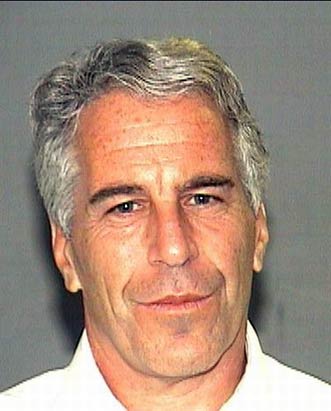The Jeffrey Epstein Case: Key Facts and Ongoing Impact

Introduction
The case of Jeffrey Epstein, the disgraced financier and convicted sex offender, has long captured global attention due to its shocking revelations and implications. Epstein’s connections to powerful figures raised questions about accountability and justice within elite circles. His arrest in 2019 and subsequent death in a New York jail have continued to fuel public interest and speculation about a broader web of abuse and exploitation.
Background of the Case
Jeffrey Epstein was a financier with connections to many influential figures, including politicians, celebrities, and business leaders. Born in 1953 in Brooklyn, New York, he built a fortune through his investment firm, often leveraging his social network. However, his wealth and influence masked a darker reality; he was accused of running a sex trafficking operation involving underage girls. In 2008, Epstein received a controversial plea deal for similar charges that significantly reduced potential penalties, which included a mere 13-month jail sentence.
The renewed scrutiny surrounding Epstein arose in July 2019 when he was arrested again, this time on federal charges of sex trafficking minors. The attention highlighted systemic issues within the judicial system, leading to widespread calls for accountability.
Events Leading Up to and Following His Death
On August 10, 2019, Epstein was found dead in his cell, with the New York City Medical Examiner ruling his death a suicide. However, the circumstances of his death sparked conspiracy theories and questions regarding the adequacy of measures taken to ensure his safety in custody, given the high-profile nature of his case. Multiple investigations were launched to determine the circumstances and any potential lapses in jail protocols.
Ongoing Impact and Legal Proceedings
Since Epstein’s death, numerous lawsuits have been filed by his victims seeking justice and accountability. In early 2021, a settlement was reached with his estate, providing funds to those who suffered from his actions. Moreover, the case has prompted the emergence of new investigations and discussions regarding human trafficking and the need for reform in legal handling of such cases. Entities, including the Epstein Victims’ Compensation Programme, have been established to support survivors of abuse.
Conclusion
The Jeffrey Epstein case continues to resonate deeply in society, raising important questions about the intersection of wealth, power, and justice. As investigations unravel more details, the hope remains that systemic changes will prevent such abuses from occurring again. Awareness and advocacy for victims of trafficking continue to grow, ensuring that the legacy of Epstein’s case remains a catalyst for reform in the legal system and broader societal protections.









